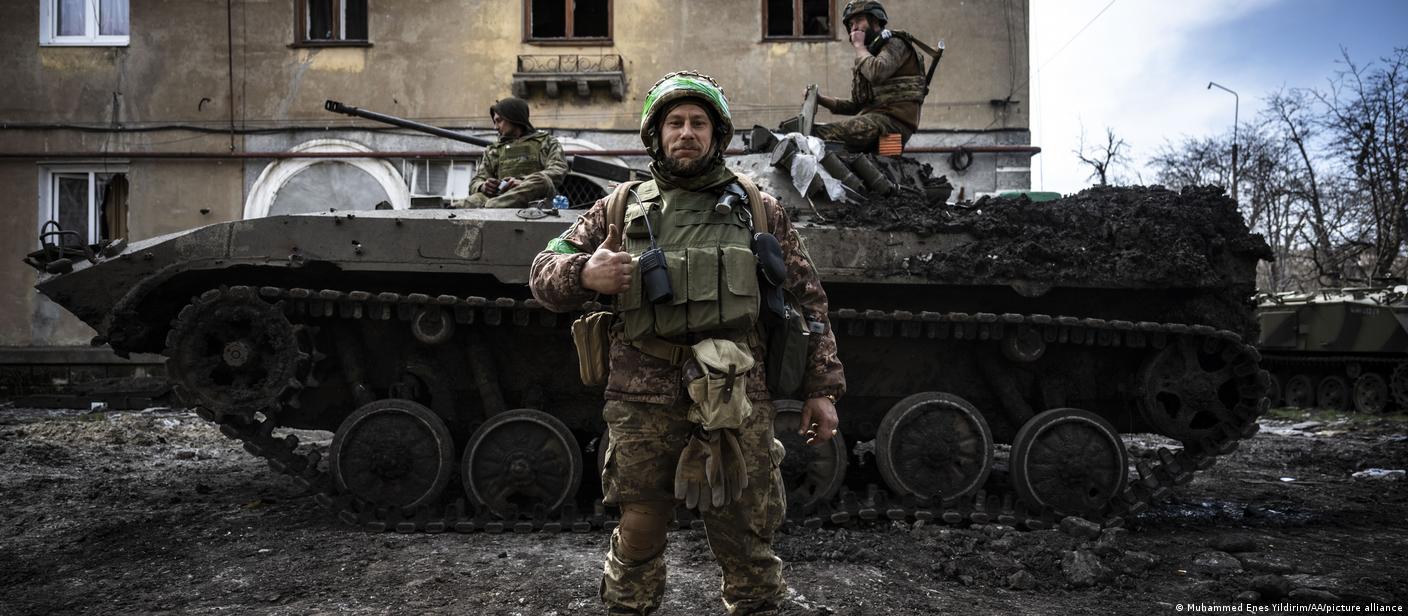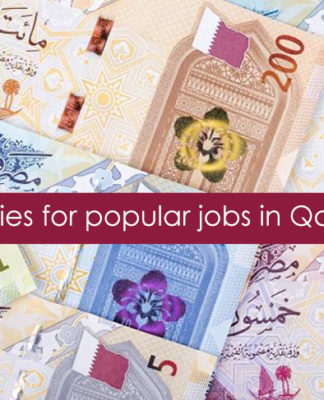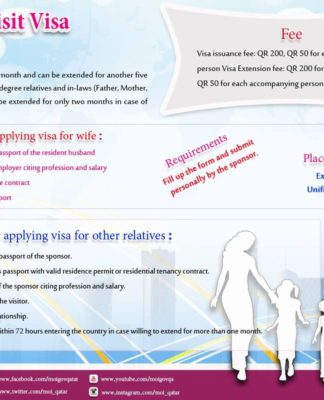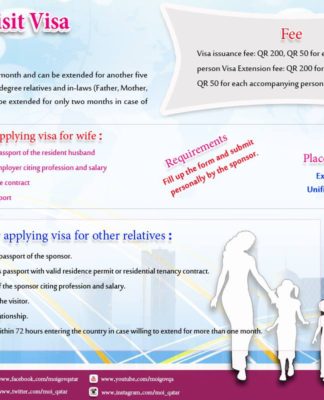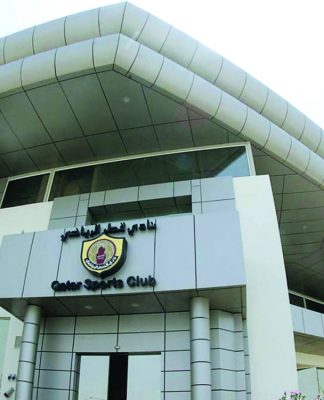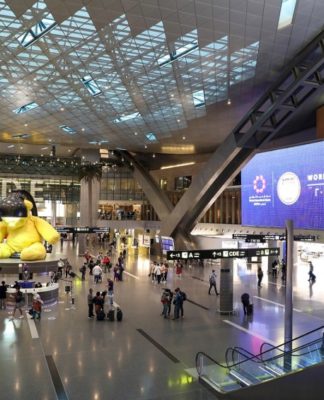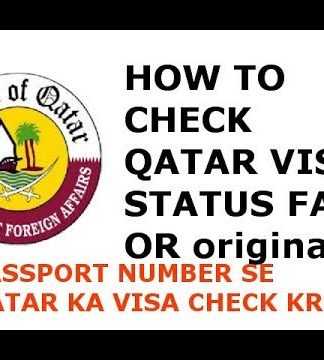CONFLICTSRUSSIAN FEDERATION
Ukraine updates: Russia begins military drills in the Arctic
Published 17 hours agoPublished 17 hours agolast updated 8 hours agolast updated 8 hours ago
Soldiers, ships and planes are taking part in the military exercise in Russia’s icy northern sea. Meanwhile, the UK has said Russia is likely beefing up its airborne forces. DW has the latest.
https://p.dw.com/p/4PtUJ
Russian forces have kicked off large-scale military maneuvers in the Arctic Sea, the Northern Fleet of Russia’s Navy announced late on Monday.
The drills include some 1,800 soldiers, up to 15 ships and 40 aircraft. According to the Northern Fleet, the exercises aim to protect “the security of Russia’s merchant marine and sea lanes such as the Northeast Passage.”
It will test coordination between air, land and sea forces.
NATO forces have also carried out drills in the Arctic region following Russia’s full-scale invasion of Ukraine last year.
The Northeast Passage is a sea lane that runs along Russia’s northern icy coastline, from the Atlantic to the Pacific Oceans. Due to climate change, the passage has become more accessible and its economic and strategic importance has increased.
What life is like for Bakhmut’s civilians
02:21
Here are some of the other notable developments concerning Russia’s war in Ukraine on Tuesday, April 11:
Canada announces fresh military aid to Ukraine and more sanctions on Russia
Canadian Prime Minister Justin Trudeau pledged fresh military support for Ukraine, after meeting Prime Minister Denys Shmyhal in Toronto.
It includes thousands of assault rifles, machine guns and 2.4 million rounds of ammunition.
“We will continue to support Ukraine with everything needed for as long as necessary,” Trudeau said.
His country also imposed fresh sanctions on 14 Russian individuals and 34 entities, some linked to the mercenary Wagner Group.
Canada is also imposing sanctions on nine entities tied to the Belarusian financial sector to further pressure Russia’s “enablers in Belarus,” Trudeau said.
Romania to buy F-35 fighter jets
The NATO and EU state is planning to buy the latest generation of US-made F-35 fighter planes, the Romanian supreme defense council (CSAT) announced on Tuesday.
Romania shares a 650-kilometer (400-mile) border with Ukraine and has increased its military spending to 2.5% of GDP — up from 2% — since the Russian invasion began last year.
It is one of the few NATO countries to meet the 2% defense spending target.
“Having robust, credible, interoperable, flexible and efficient air defense operational capabilities … as part of our commitments as a NATO and EU state is key to Romania meeting its defense policy objectives,” the statement said.
“The air force’s modernization process will continue through the acquisition of last generation F-35 jets.”
Intelligence leak suggests US doubts over Ukrainian counteroffensive — report
Washington may be doubtful about Ukraine’s ability to achieve any significant gains in its planned spring counteroffensive, US newspaper The Washington Post reported on Tuesday, citing alleged leaked US classified intelligence documents.
Ukraine has been planning to cut the land bridge between occupied Donetsk and the Crimean peninsula that Russia illegally annexed in 2014.
But according to apparent US Defense Department documents that were shared on social media platforms earlier in the month, Ukrainian forces could fall “well short” of their aims, the Washington Post reported.
A lack of ammunition, equipment and troops was given as the main reason for the lack of US confidence.
Although unclear whether the documents are genuine, an assessment on the state of the war apparently issued in early February said that the Ukrainian military’s shortfalls are “likely to embolden critics who feel the United States and NATO should do more to push for a negotiated settlement to the conflict.”
Ukraine intel leaks: ‘The Russians already knew all this’
01:45
Another separate leak suggests that Egyptian President Abdel Fattah el-Sissi ordered some 40,000 rockets to be sent secretly to Russia.
The document, also reported on by the Washington Post, cites a conversation between Sisi and top officials to keep to the production and shipment a secret “to avoid problems with the West.”
Cairo is one of Washington’s most important allies in the Middle East and one the largest recipients of US military aid.
Russia plans online conscription to boost mobilization
New legislation that will be discussed in the Russian parliament on Tuesday is aiming to streamline conscription by enabling the delivery of call-up papers via an online portal.
Currently, conscripts must be handed conscription papers in person by the local military enlistment officer or via an employer.
The new proposed system would mean that a traditional letter, as well as an online notification, would suffice.
Those who then fail to show up for duty will be barred from leaving the country.
“The summons is considered received from the moment it is placed in the personal account of a person liable for military service,” said Andrei Kartapolov, chairman of the Russian parliament’s defense committee.
Following Russia’s failure to achieve a quick victory in Ukraine last year, over 300,000 former soldiers and ex-conscripts were called to join Russia’s “special military operation.”
But its chaotic rollout, which saw men who were ineligible due to age or health also being called up, led the Kremlin to admit it had made a “mistake” and to begin digitizing its military records.
Russia’s spring conscription begins: Juri Rescheto reports
03:20
Switzerland rejects criticism over ‘negligence’ in enforcing sanctions against Russia
A Swiss government official has defended the country’s handling of Russian assets following criticism from the US and other G7 nations who said the international banking hub could do more.
Helene Budliger Artieda, director of the State Secretariat for Economic Affairs (SECO) government department, told the Swiss newspaper the Neue Zürcher Zeitung that she had been surprised by the criticism.
Switzerland has matched the EU’s sanctions on Russia despite not being part of the bloc. It has frozen some 7.5 billion Swiss francs ($8.3 billion, €7.6 billion) in assets belonging to individuals on the sanctions lists.
That amount is “a good third” of the €21.5 billion in assets frozen across the EU, Artieda said.
The US ambassador to Switzerland, Scott Miller, last month said that a further 50 to 100 billion Swiss francs could be frozen. G7 nations also wrote a letter asking the country to do more.
“When we meet on a technical level with the EU, Britain and the United States, we never hear this kind of criticism. There are obviously misunderstandings,” Budliger Artieda told the newspaper.
“The figure of 50 to 100 billion francs was initially circulated as a possible estimate of Russian funds under management,” though it was not an estimate produced by Switzerland, she said. “But not all Russians are subject to sanctions — only a small minority.”
Swiss sanctions and Putin’s oligarchs
03:30
Russia looking to restore airborne forces, UK intelligence says
The UK’s Ministry of Defence reported in its daily intelligence update on Tuesday that Russia’s airborne forces (VDV) have been supplied with TOS-1A thermobaric multiple-launch rocket systems.
Although the transfer of these systems had already been reported by Russian media earlier in April, the ministry pointed to the fact that the “highly destructive TOS-1A, which Russia designates as a ‘heavy flamethrower’ … has not previously been formally associated with the VDV.”
“The transfer likely indicates a future role for the VDV in offensive operations in Ukraine,” the ministry said in its update. “It is likely part of efforts to reconstitute the VDV after it suffered heavy casualties in the first nine months of the war.”
ab/es (Reuters, dpa, AFP, AP)














